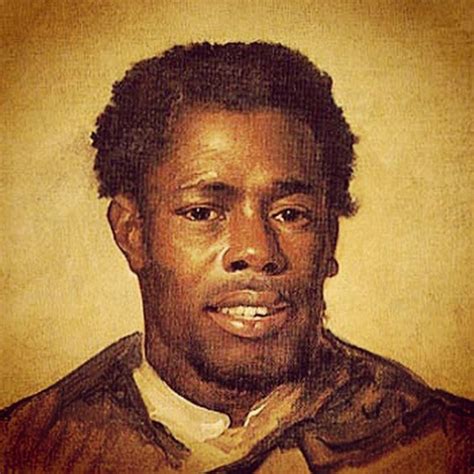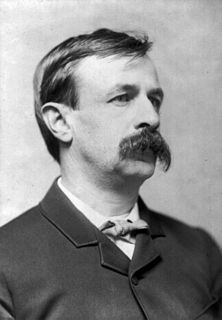A Quote by Virginia Woolf
All great writers have, of course, an atmosphere in which they seem most at their ease and at their best; a mood of the general mind which they interpret and indeed almost discover, so that we come to read them rather for that than for any story or character or scene of seperate excellence.
Related Quotes
To the mind which looks not to general results in the economy of Nature, the earth may seem to present a scene of perpetual warfare, and incessant carnage: but the more enlarged view, while it regards individuals in their conjoint relations to the general benefit of their own species, and that of other species with which they are associated in the great family of Nature, resolves each apparent case of individual evil, into an example of subserviency to universal good.
For of course one is never safe when in love. Growth is demanding and may seem dangerous, for there is loss as well as gain in growth. But why go on living if one has ceased to grow? And what more demanding atmosphere for growth than love in any form, than any relationship which can call out and requires of us our most secret and deepest selves?
When I'm writing a book, generally I start with the mood and setting, along with a couple of specific images?things that have come into my head, totally abstracted from any narrative, that I've fixated on. After that, I construct a world, or an area, into which that general setting, that atmosphere, and the specific images I've focused on can fit.
The most dangerous lovers women have are men of Cordis's feminine temperament. Such men, by the delicacy and sensitiveness of their own organizations, read women as easily and accurately as women read each other. They are alert to detect and interpret those smallest trifles in tone, expression, and bearing, which betray the real mood far more unmistakably than more obvious signs.
In urging all writers to be steadfast in reliance on the ultimate victory of excellence, we should no less strenuously urge upon them to beware of the intemperate arrogance which attributes failure to a degraded condition of the public mind. The instinct which leads the world to worship success is not dangerous. The book which succeeds accomplishes its aim. The book which fails may have many excellencies, but they must have been misdirected.
To have the management of the mind is a great art, and it may be attained in a considerable degree by experience and habitual exercise... Let him take a course of chemistry, or a course of rope-dance, or a course of any thing to which he is inclined at the time. Let him contrive to have as many retreats for his mind as he can, as many things to which it can fly from itself.
With theatre, you can interpret the most complex play on stage for it have meaning to an audience because you're dealing in images, you're dealing in action, you can use different idioms to interpret and clarify something which is obscured in the reading and of course there are different kinds of play, there are mythological plays, there are what I call the dramatic sketches, direct political theatre which is virtually everybody, but I find that you can use the stage as a social vehicle, you know, which any kind of audience.
Every good story needs a complication. We learn this fiction-writing fundamental in courses and workshops, by reading a lot or, most painfully, through our own abandoned story drafts. After writing twenty pages about a harmonious family picnic, say, or a well-received rock concert, we discover that a story without a complication flounders, no matter how lovely the prose. A story needs a point of departure, a place from which the character can discover something, transform himself, realize a truth, reject a truth, right a wrong, make a mistake, come to terms.



































